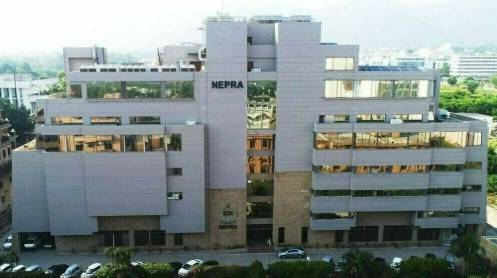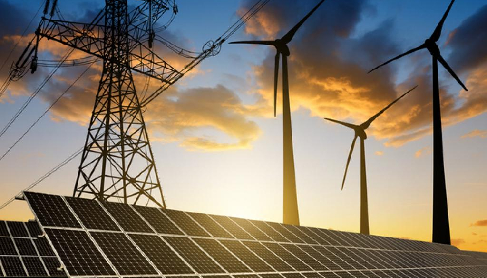ISLAMABAD: The National Electric Power Regulatory Authority (Nepra) has approved negative Fuel Cost Adjustments (FCA) for January’s bills, offering relief to power consumers of ex-Wapda distribution companies (Discos) and K-Electric (KE). The refunds include a 76-paisa per unit adjustment for Discos’ consumers and a 49-paisa per unit adjustment for KE’s consumers.
The adjustments were based on power consumption in November for Discos and October for KE. Nepra increased the refunds beyond the amounts initially proposed by the utilities, enhancing the refund for Discos from 63 paise to 76 paise per unit and for KE from 27 paise to 49 paise per unit.
Key FCA Exemptions
The negative FCA applies to most consumer categories but excludes:
Domestic consumers using less than 300 units monthly.
Prepaid metering consumers.
Electric vehicle charging stations (EVCS).
For domestic consumers with Time of Use (ToU) meters, the adjustment applies regardless of consumption levels.
Investigation Into NTDC Delays
Nepra has launched an investigation into the National Transmission and Despatch Company (NTDC) over delays in completing the Lahore North Line. The regulator noted that the utilisation of the Matiari-Lahore High Voltage Direct Current (HVDC) transmission line remains at 20%, whereas timely completion of the Lahore North Line could have increased its utilisation by 300 MW, benefiting consumers.
Nepra also raised concerns over the rising Part Load Adjustment Charges (PLAC), which surged from Rs18.7 billion in 2019-20 to Rs55.6 billion in 2023-24. The regulator urged the Central Power Purchasing Agency (CPPA-G) and System Operator (SO) to develop strategies, including optimising Time of Use (ToU) rates, to reduce inefficiencies in power generation and lower PLAC costs.
Concerns Over Thar Coal Utilisation
The regulator expressed dissatisfaction with the underutilisation of Thar Coal Block-I Power Generation Company (Pvt) Limited, where the Energy Purchase Price (EPP) stood at Rs21.93 per unit, significantly higher than the Rs15.74 per unit for Port Qasim’s coal-based power. Lower utilisation of Thar coal power plants resulted in higher per-unit costs due to fixed costs associated with the coal mines.
Nepra emphasized that increased plant utilisation could lead to a more efficient distribution of fixed costs, ultimately reducing the per-unit EPP and benefiting consumers.
Story by Khaleeq Kiani





